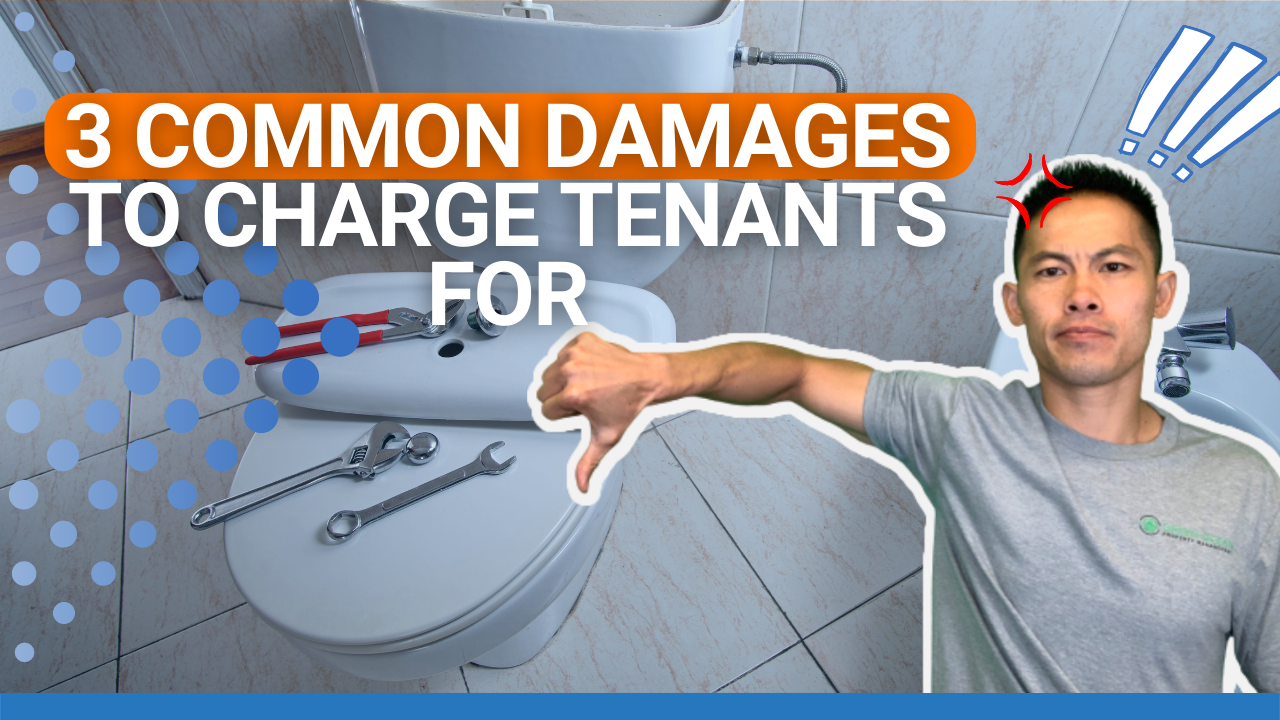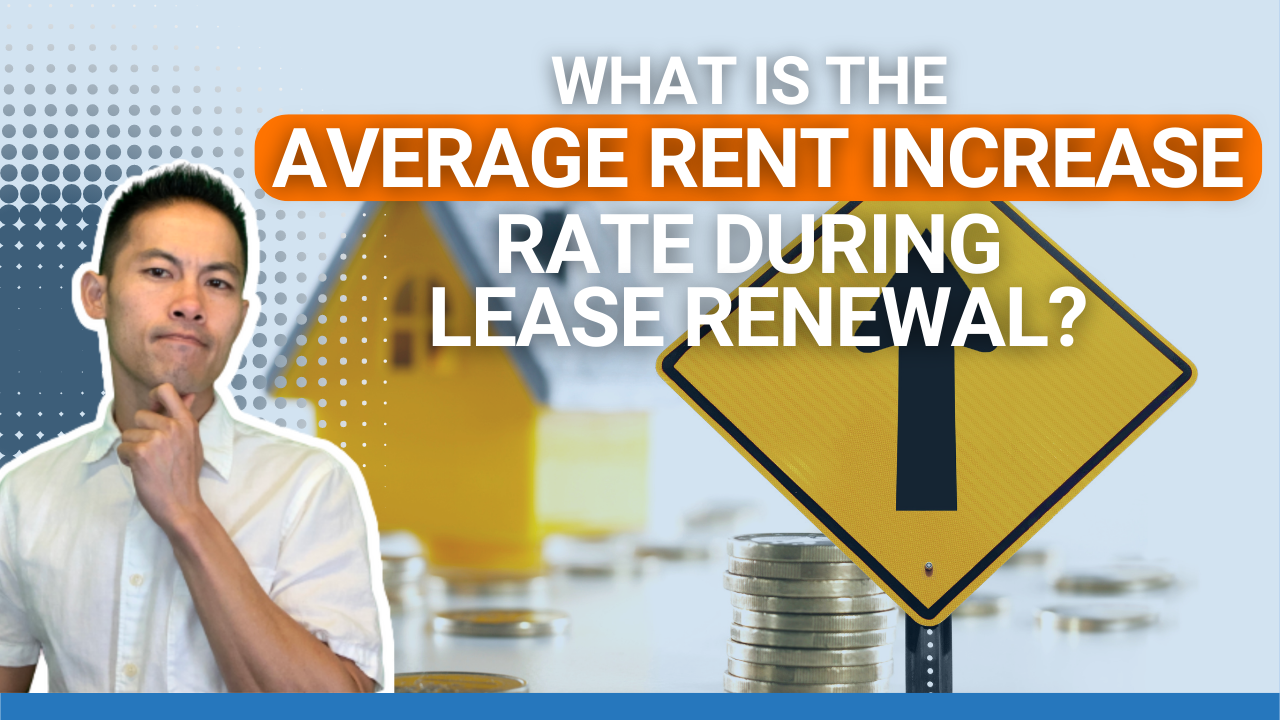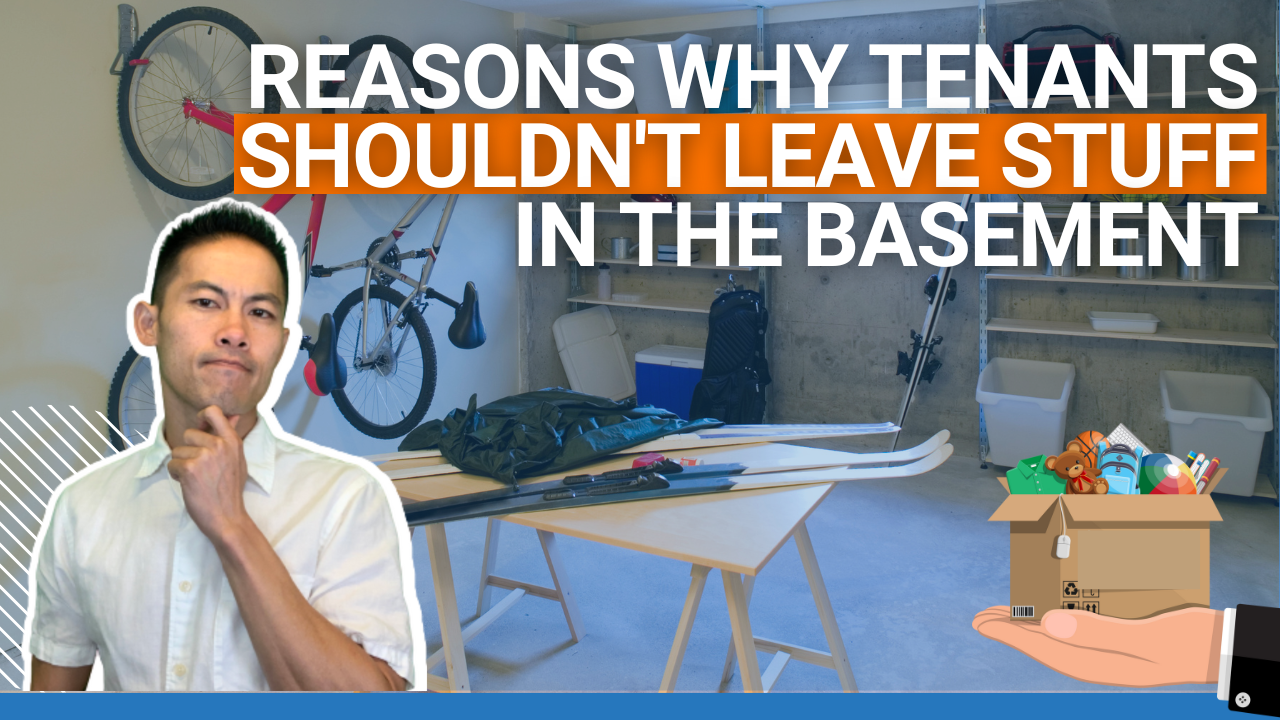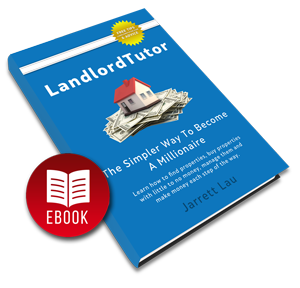
by J. Lau | Oct 5, 2022 | Prequalifying, Tenant Issues
Having pets in your rental units adds liability and costs. But there are still ways to manage your property and remain pet-friendly while minimizing your liabilities. Here’s how.
Should Pets Be Allowed in Rental Properties?

The typical answer is yes, but with restrictions and at a cost.
Pets are everybody’s best friend. But does everybody take care of their pets, and does the pet take care of the property?
We typically increase the rent by a certain amount every single month. In different states, they might allow you to take additional pet security. In Massachusetts, however, that is not allowed.
So, what we do is increase the rent for you to be able to make more income as a landlord. In addition, we add on inspections through the property to ensure that the pets are “taking care of the place” and that nothing is being damaged in your unit.
How to Make Your Property Pet-Friendly

My property management company has a pet lovers guarantee and screening application process for tenants with pets.
Aside from the walkthrough inspections, make sure that you have restricted breeds. That means your property insurance should say you are not allowed to have certain breeds on the property, such as Dobermans or Pitbulls.
You should also limit the pet’s size and weight. It is usually limited to 25 pounds, typically restricting bigger breeds.
When the tenants go through the pet application process, you can also charge them for monthly damage protection.
Doing these will make you stand out because most landlords won’t allow pets in their units. We respect that, but there are still ways to make any unit pet-friendly while protecting it from any possible damage.
The Landlord Tutor Promise
To know more about managing pet-friendly units and whether you should allow pets, join the Landlord Tutor community and sign up here.

by J. Lau | Sep 28, 2022 | Buying Properties, Real Estate Investing, Realistic Expectations
Renovations usually add value to a property, so is it better to buy a newly renovated one? In this article, we go over the factors that come with buying renovated versus unrenovated properties.
Renovated or Unrenovated?

When buying properties, it depends on your taste and how much money you can pay out of pocket.
If you buy a property that is already renovated, you are paying your premium. You are paying the building and a premium for someone who has already done the work.
Whereas, you can put that equity in if you buy an unrenovated property. However, you will need an excellent general contractor, or you need to be handy yourself and know the process.
Because, unfortunately, sometimes renovations drag on. They go over cost and can’t be financed right typically unless it comes with a 203 loan. But in most cases, you will pay for those renovations out of pocket. You can’t loan it and borrow it as if you were buying the house.
So, what ends up happening is that sometimes these renovations go over, and the timing is messed up. Before you know it, you are already into the winter months and having a hard time renting out the property.
The Right Way to Decide
You want to figure out when to close your properties so you know how long it will take to renovate your property, get it on the market, and rent it out.
Personally, I love buying properties in January, February, or March, depending on how much work the property needs. I timeline out that work, get it on the market for the spring and summer months, and rented out at full cost. It doesn’t always happen, but again, it depends on the size of the renovation.
The next thing is picking out a team to achieve that timeline. As a real estate agent and general contractor, I help many clients and guide them through the renovation process. Even if they’re not doing it with me, I assist them in finding out how much it costs and how long it should take.
The Landlord Tutor Promise
To know more about buying a property that might need some work, join the Landlord Tutor community and sign up here.

by J. Lau | Sep 14, 2022 | Being A Landlord, Property Maintenance, Property Management
Whether or not you’re new to the real estate business, it’s easy for any landlord to get overwhelmed and commit mistakes.
Here are the common landlord mistakes you should avoid.
The Importance of Proper Planning

My motto has always been the 5Ps: prior planning prevents poor performance. I say this because proper planning is also key to finding good tenants.
As a property manager, I want to ensure you get a good tenant in the unit. That means avoiding tenants who don’t pay rent, break stuff, or cause other tenants to complain.
As a property manager and fellow property owner, I want to help you minimize your mistakes and, more importantly, avoid making them. And you can do this by having plans on managing your tenants, your property, and your financials.
Top 3 Landlord Mistakes to Avoid
Experience is the best teacher, but we can also learn from the experience of other people. I share the common landlord mistakes I have encountered over the years.
1. Skipping on the screening process
I put a premium on screening tenant applications, so I interview every applicant. To ensure their credibility, they must meet the following qualifications:
- a stable income, at least three times the monthly rent
- a credit score of at least 640
- a positive landlord reference
I also put in place a formal pet screening process. You need to stick to these standards and not just approve tenants based on their personality.
Remember that these tenants will live in your property for at least a year. If you discover they are awful tenants, it would be impossible to get them out.
2. Putting off maintenance
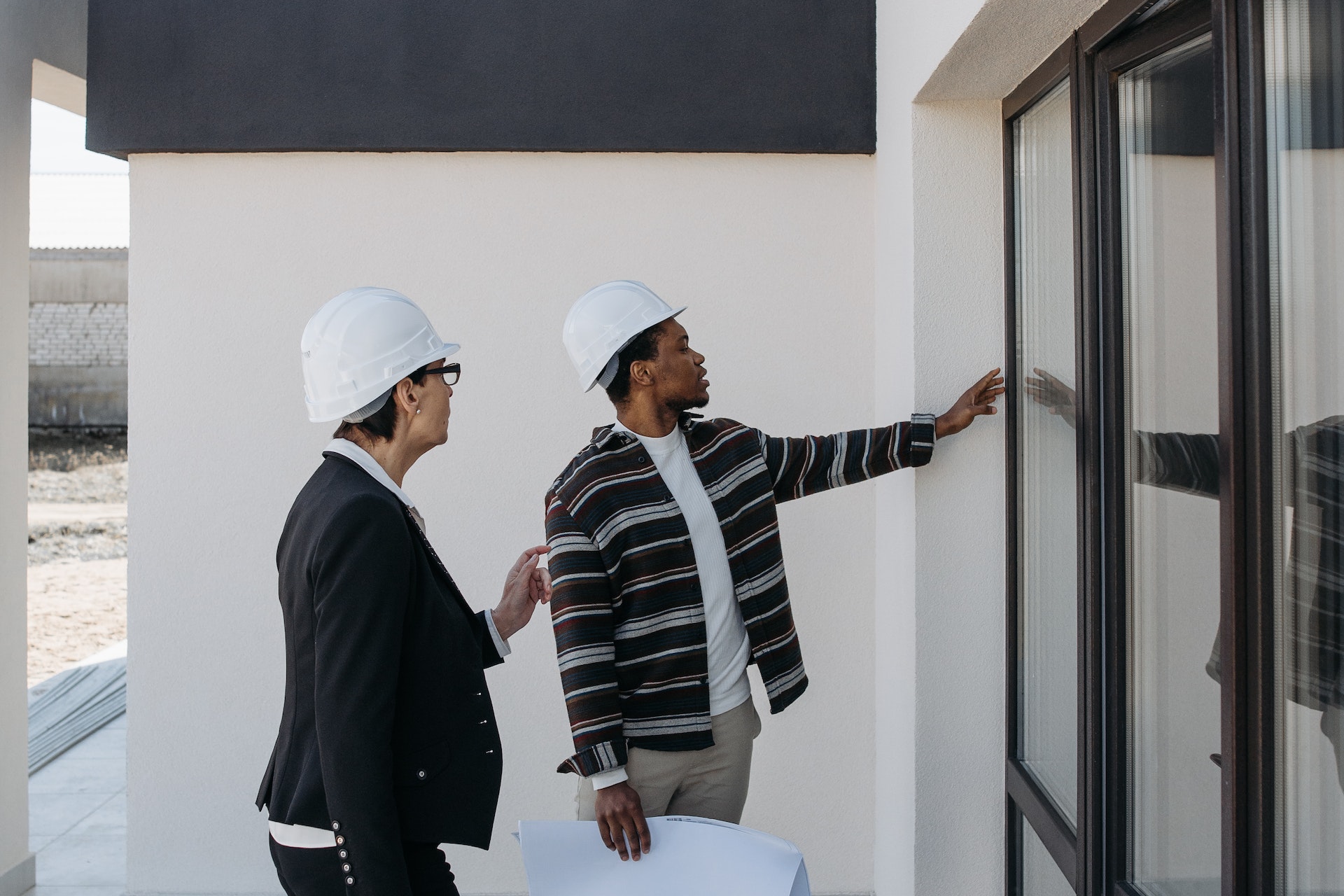
It can be easy for a landlord to defer repairs and not pay attention to the nooks and crannies of their property. Landlords usually have little to no free time to conduct maintenance checks as they juggle new tenants moving in, emergencies, and due dates on rent payments.
With so much going on day-to-day, it can be inevitable to ignore necessary maintenance issues until the damage is already apparent and begging to be repaired.
For example, a minor leak can turn into full-blown water damage that will eventually cause mold. This can lead to health hazards that make the residents sick or involve the city in mold remediation.
Make sure you or your property manager conduct regular preventive maintenance walkthroughs on your property. You would want to start with the key areas that are usually prone to cause you liabilities (or worse, lawsuits), such as handrails, steps, and staircases.
3. Mismanaging security deposits
While we are on the topic of liabilities and lawsuits, your financials must be in place. In Massachusetts, the number one cause of landlords getting sued is mismanaged security deposits.
Security deposits must be held in escrow, in an independent interest-bearing account that is unrelated to you. The interest that accumulates each year goes into that account, which must be opened under the tenant’s name and on their ID.
You have 30 days to start the account, and if the tenants move out, you have another 30 days to build a return on the security deposit.
The Landlord Tutor Promise
You can avoid mistakes with proper planning. To know more about the common landlord mistakes to avoid, join the Landlord Tutor community and sign up here.
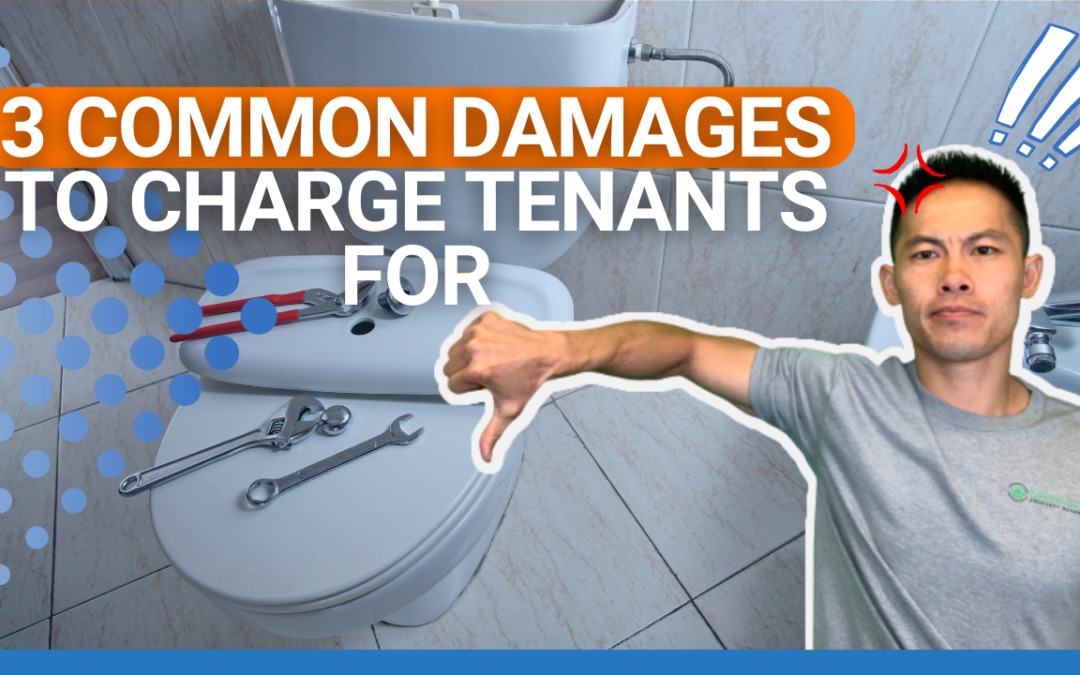
by J. Lau | Aug 29, 2022 | Insurance/Protecting your asset, Property Maintenance, Tenant Issues
Over the years, we have worked with countless landlords for hundreds of properties. We help our landlords earn and save money, but we also hold our tenants responsible for certain damages they cause.
Here are the three common damages that you can charge tenants.
Why We Charge Tenants
As a proactive property management company, we always look out for our landlords’ best interests. We think of ways to save our landlords money.
But, most importantly, we hold our tenants responsible for their actions and the damages they incur.
3 Areas Where Tenants Pay for Damages
Whether you’re a small-time landlord or own several properties you rent out, there’s always something tenants can do that will cost you money.
As an overview, these are the three most common damage you should charge tenants for.
1. Clogged toilets
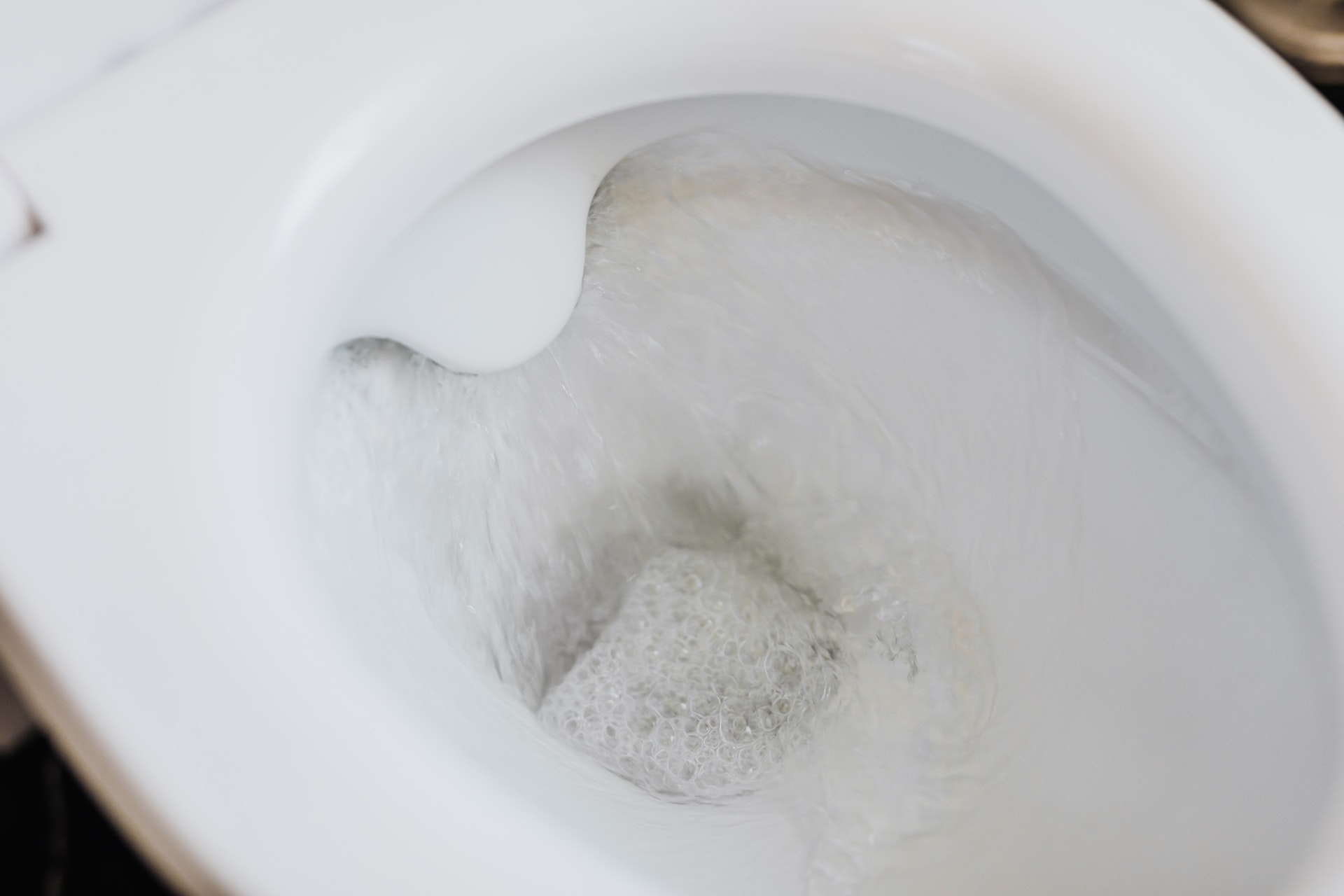
As part of our regular property inspections, we always ensure that the bathrooms are in good condition, especially the toilets and their flush.
But sometimes, tenants will flush something on purpose or by accident which can cause clogging. The most common bathroom items to be flushed down the toilets are toothbrushes, tampons, or toilet paper.
Of course, if they call us about clogged toilets, we come over and fix them. But we bill them back for the charges as stated in the lease.
2. Backed-up sinks
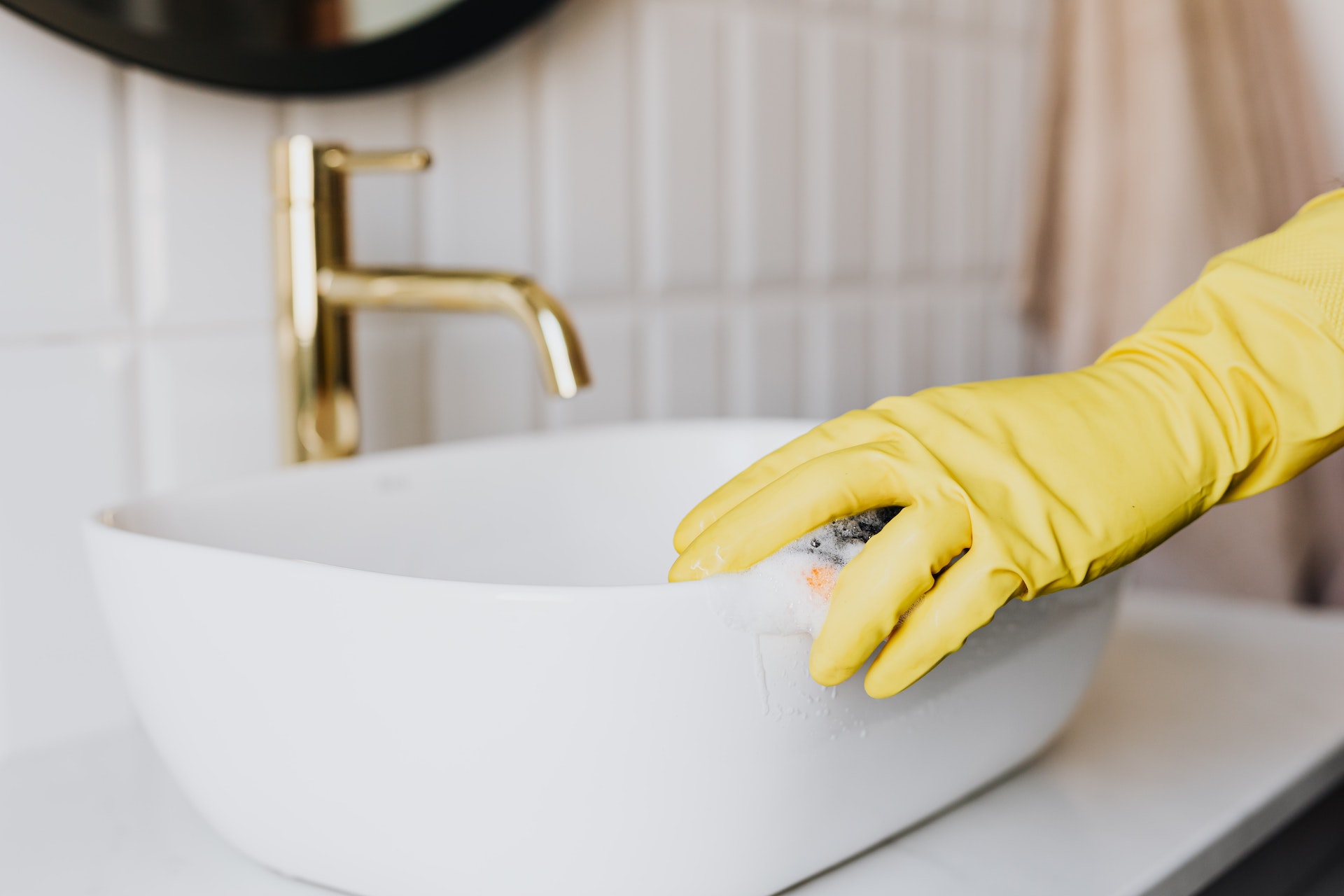
Kitchen and bathroom sinks are also prone to damage. Most kitchen sinks also have disposal.
This makes kitchen sinks likely clogged by bottle caps, oil, or leftovers flushed down the drains, causing backups.
Since sink backups are caused by things that can be prevented, it is something that tenants are responsible for. So for disposal cleanup or repair, we will bill tenants for the costs.
3. Repainted walls
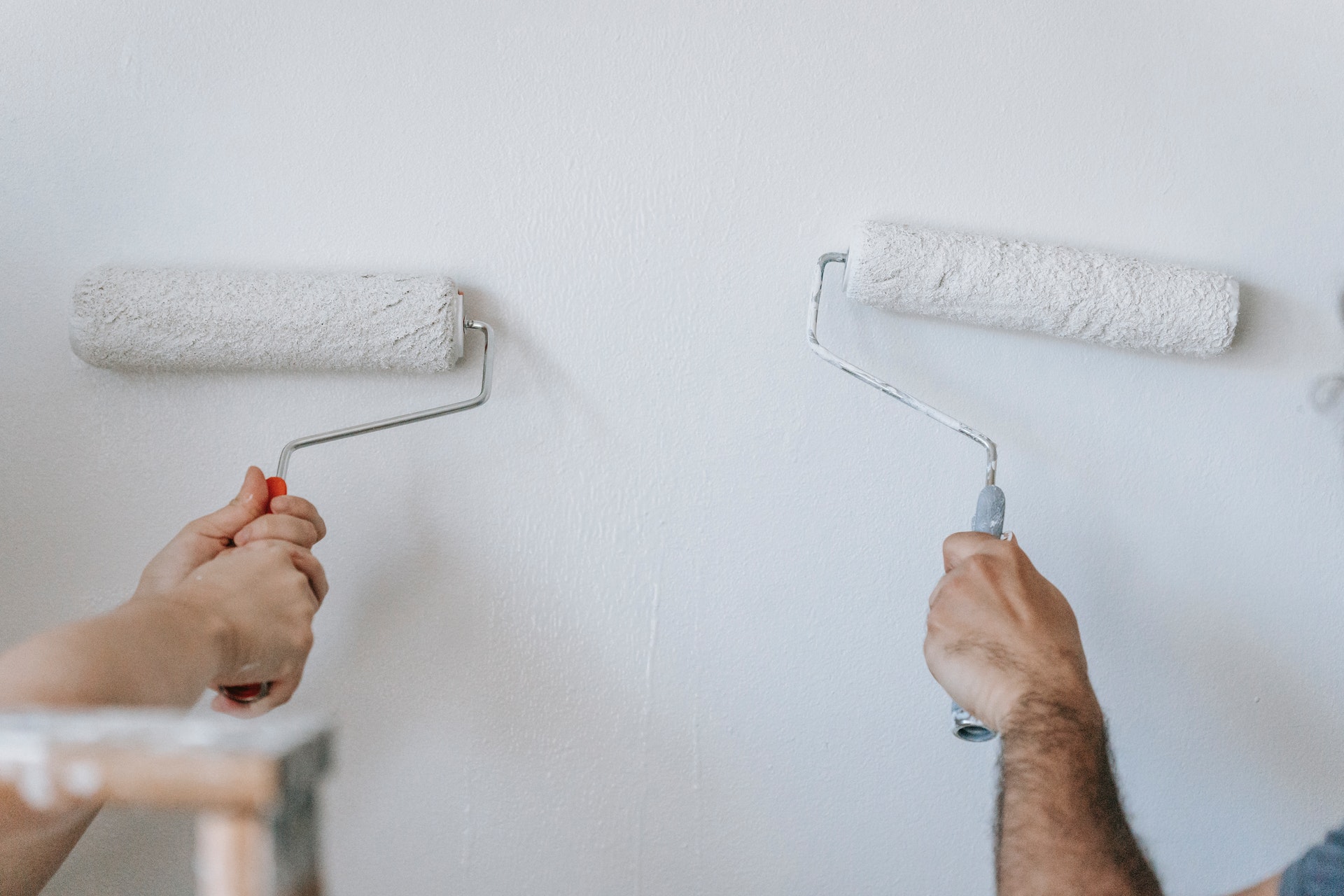
To save on painting costs, we typically use the same paint color in all of our properties. Doing so makes it easy for us to know when tenants change the wall paint.
If they paint the walls, they must change them to our standard color. The paintwork must be done by professional painters who would charge a set price which we would then send the bill to the tenant.
So tenants know how much the painting costs would be, and we include this in the lease. They must get our approval in writing if they want to change any paint color.
If they didn’t seek our approval and the paint is unchanged when their lease expires, we will still charge them when we have the walls repainted.
The Landlord Tutor Promise
To know more about holding your tenants accountable and minimizing your expenses, join the Landlord Tutor community and sign up here.
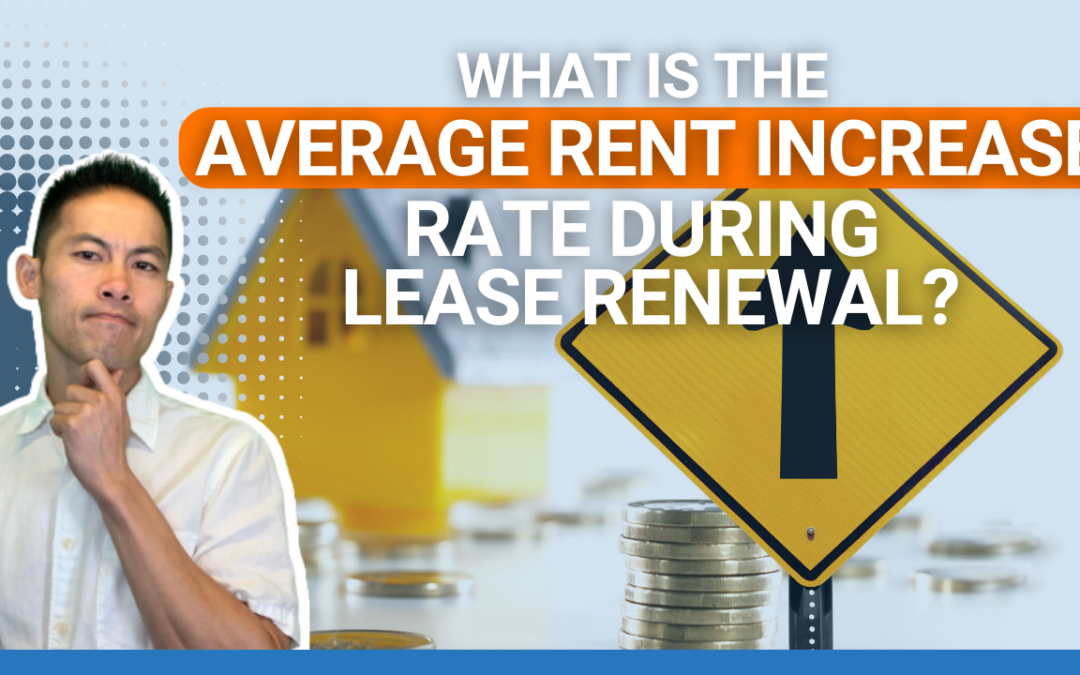
by J. Lau | Aug 25, 2022 | Being A Landlord, Financial
Most landlords find it difficult to increase the rent during lease renewal and by how much.
Here’s a look at my proactive approach, tenant retention rate, and market research to help keep your tenants and grow your rental income.
Increasing Rent During Lease Renewal

In all my years as a property owner and manager, I have done countless lease renewals. During that time, too, I have had to increase rents.
But I am not just going to give you any random amount to add to your rent. The rate increase isn’t the same for all landlords anyway.
In my property management company, for example, we offer every one of our landlords the opportunity to record their expenses for the past couple of years into our system.
Our system allows them to create a budget based on those numbers. By seeing their cash flow, they review how they are doing with their budget versus actual expenses and income.
The Influence of Inflation on Your Rent Increase
The most important benefit of having financial records in our system is seeing how your expenses went up. This can include the costs of utilities such as water, taxes, and insurance.
For example, your expenses can increase by 3% due to inflation.
Inflation is how much value your dollar gives you from year to year. The 3% increase in the example is the average annual inflation rate.
If the inflation increases by 3% and your expenses increase by 3%, you lose 6% of your money if you don’t increase your rent.
How a Property Manager Helps You Increase Rent

Aside from being a property owner, I also manage properties. let me share with you how a property manager helps you increase your rent.
A property manager guides you through the lease renewal and rent increase process.
For one, we present your financial records to you and help you figure out how much to increase to cover your actual expenses, including the inflation rate.
Furthermore, the property manager explains the rent increase to your tenants. Most landlords dread doing this during lease renewal; worse is they do not do it at all. But having a property manager saves you the hassle of dealing with your tenants about the rent increase.
A property manager also ensures that you make more money. We do that by saving money on expenses or, most importantly, increasing rent.
The Landlord Tutor Promise
To know more about lease renewals and how to increase your rents, join the Landlord Tutor community and sign up here.
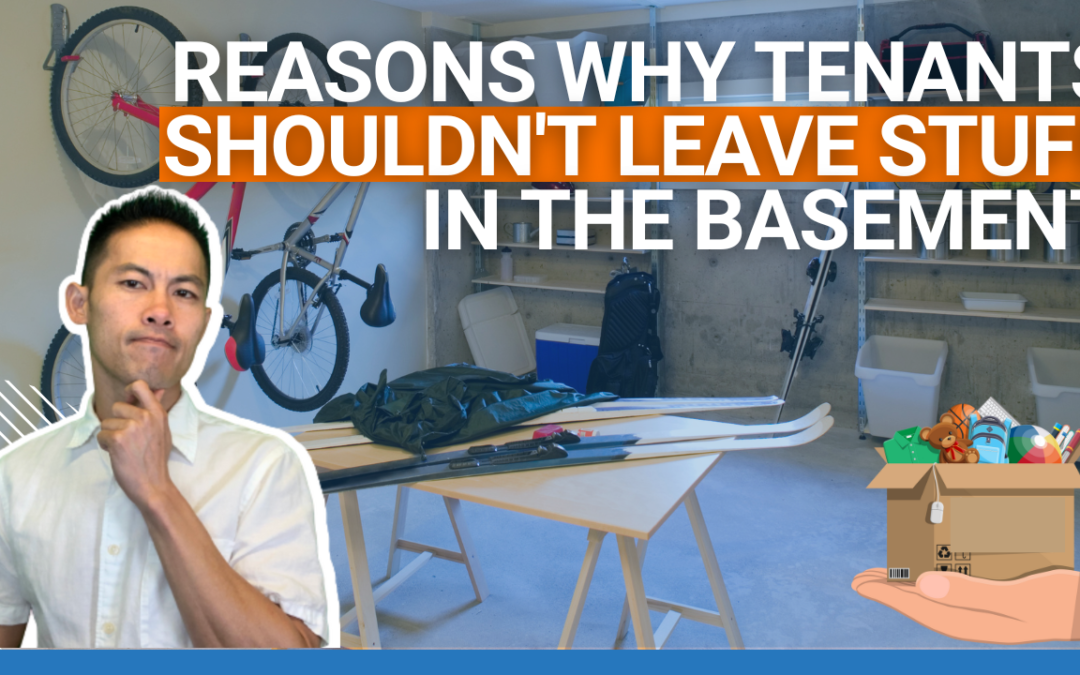
by J. Lau | Aug 4, 2022 | Being A Landlord, Tenant Issues
Common areas, most especially basements, should be free from any stuff owned by your tenants. In this article, we give you reasons why not allowing tenants to leave their belongings in the basement prevents you from dealing with complaints and liabilities in the future.
Managing Common Areas in Multi-family Properties
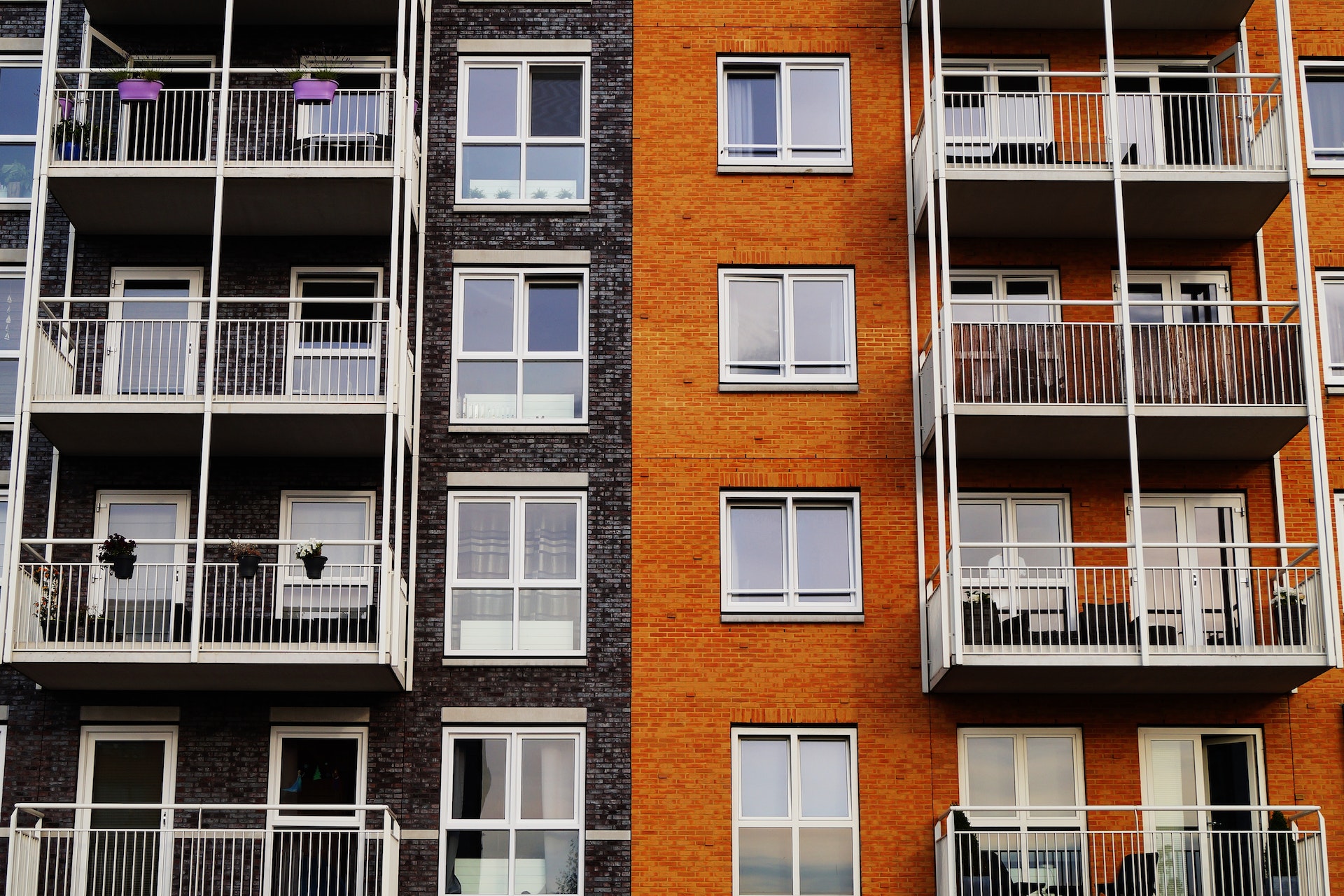
Across greater Boston, I manage hundreds of multi-family properties. And multi-family properties have lots of common areas that must always be clean, organized, and safe.
Common areas are areas that anyone renting in your multi-family property can use. Depending on your property type, common areas can include the pool, stairwells, garden, mail area, and basements.
But landlords always ask, “Should we allow tenants to leave personal belongings in the basements?”
The answer is NO.
No Personal Belongings in Basements

It is important for tenants to know their responsibilities regarding the common areas of the property.
But here are the reasons why we do not allow tenants to leave or store their belongings in common areas, particularly the basement.
1. It opens you up to liabilities and complaints.
Basements are prone to mess, so it is necessary to clean up later on. Year after year, we see tenants leaving things in these basements, which can result in their stuff:
- getting flooded
- getting stolen
- causing fire hazards when placed close to boilers or hot water tanks
What’s worse is we get blamed for these mishaps. But these liabilities and complaints can all be avoided with a simple “No Personal Belongings in the Basement” section in the lease.
2. It takes up storage space that the property owner could be using or paying for.
While it is understandable that tenants may need a place to store some of their stuff, it can become a problem sometimes.
You see, if the tenant leaves any possessions in the basement, it means that the property owner doesn’t have access to that storage area anymore. During this time, the property owner may also be unable to collect income from renting out that storage space.
3. If you don’t get rid of it, it will keep building up.
Tenants can be notorious for bringing possessions with them to their property. When you think about it, the basement is one of the most convenient places to leave things.
From a tenant’s perspective, if you don’t want to bother taking your things upstairs or to your unit, you can put them in the basement where they will remain out of the way until you need them again.
But this convenience of having stuff out of the way can make more things pile up easily.
How to Keep Tenants’ Stuff Off the Basement
With every single one of our leases, we put a section that states no personal belongings are allowed in the basement. However, we still want to provide some sort of storage space as an added value for our tenants. Plus, it presents an opportunity for your to make more money as a landlord.
In any multI-family with a basement, we will typically walk down into the basement to see if this is an area where we can build storage bins. Then, we rent out these storage bins to the tenants.
That way, it’s a win-win: the tenants get a storage space for their stuff, and the landlord makes additional income for while everything is kept clean and organized.
The Landlord Tutor Promise
To know more about being proactive and forward-thinking to solve problems such as tenants who leave stuff in the basement, join the Landlord Tutor community and sign up here.













